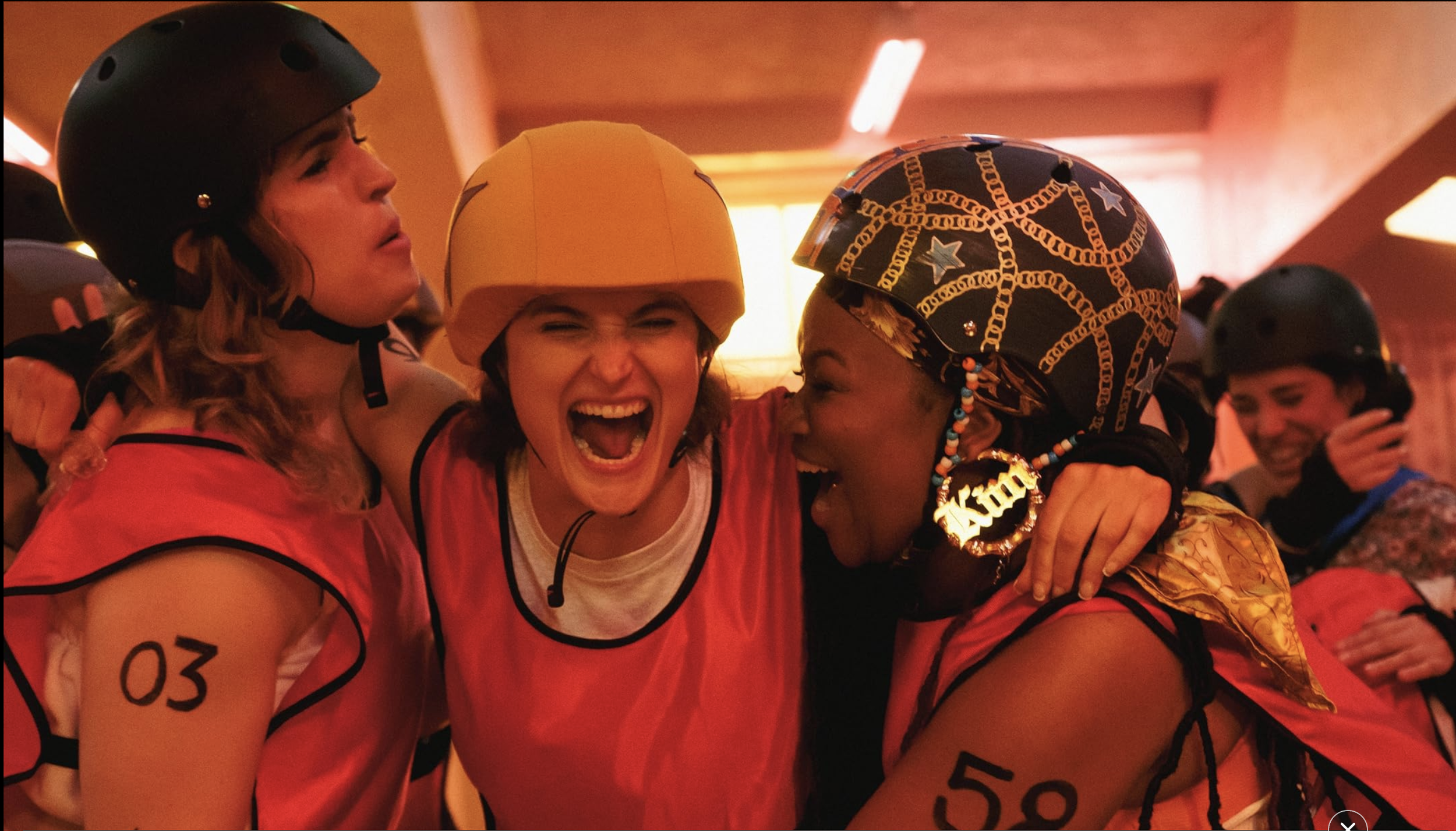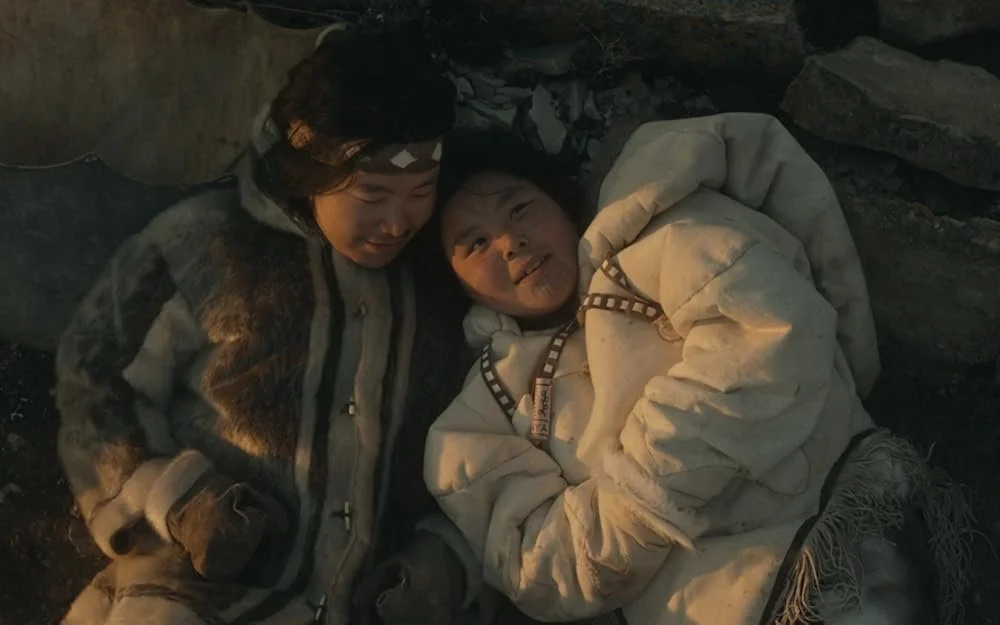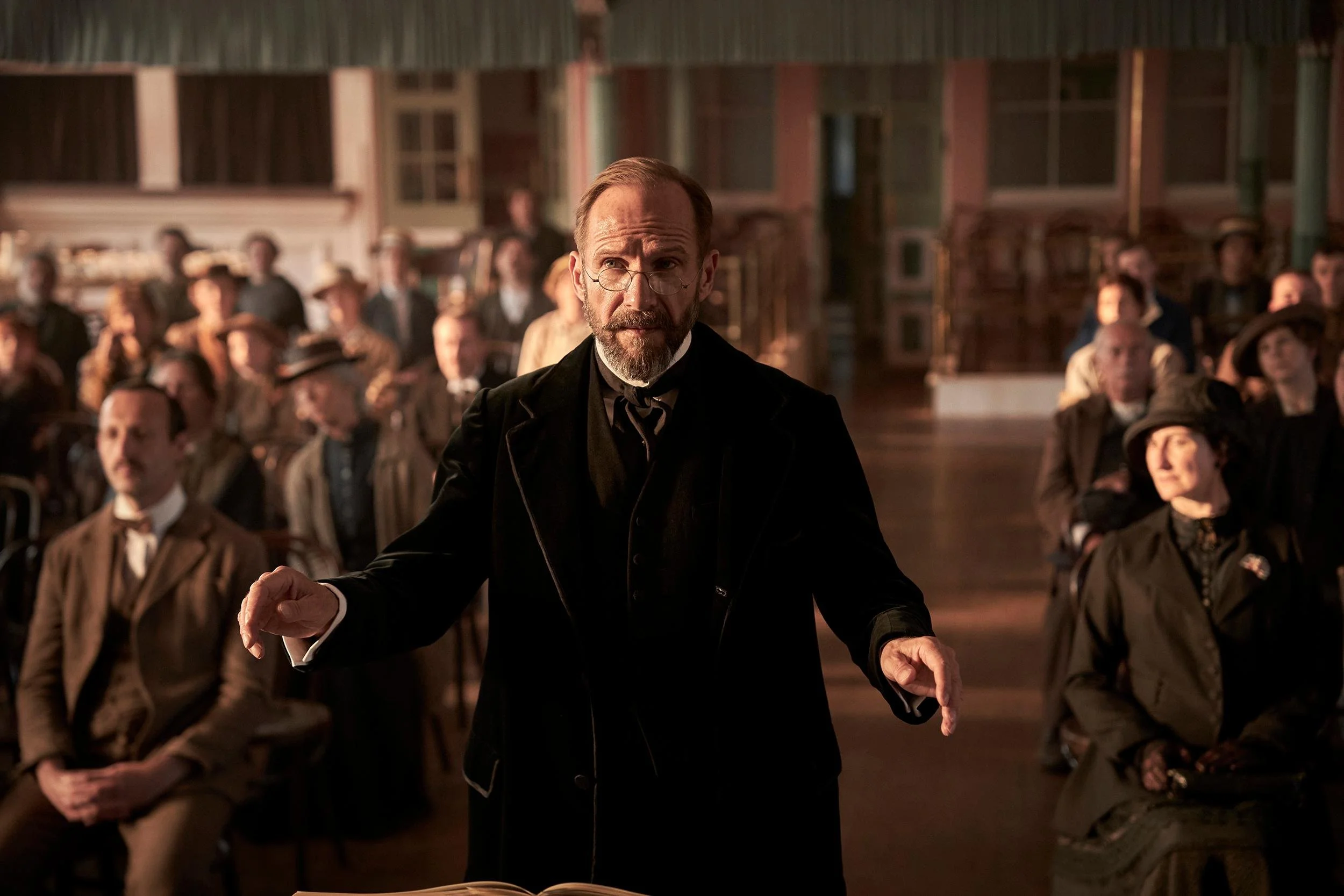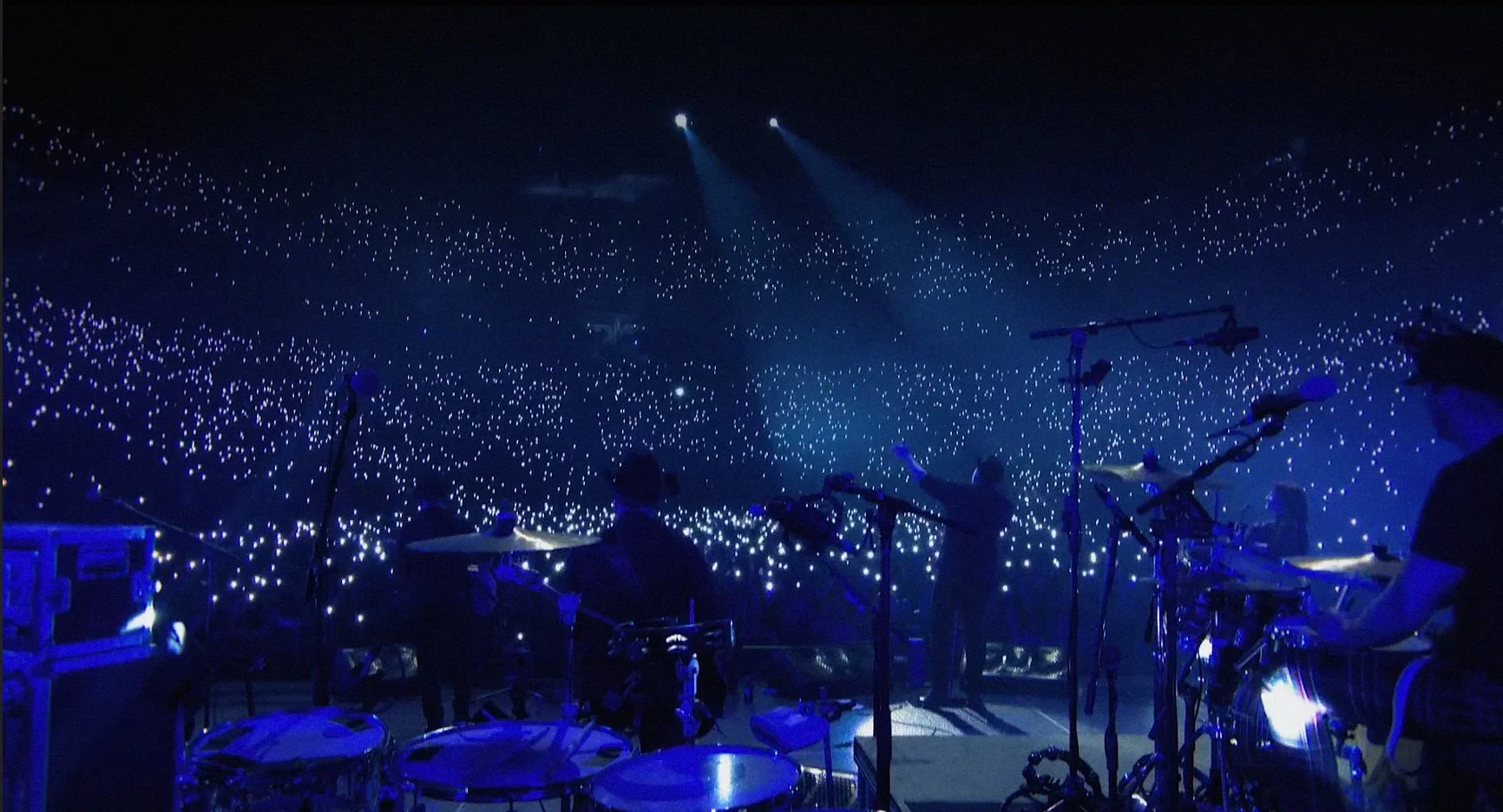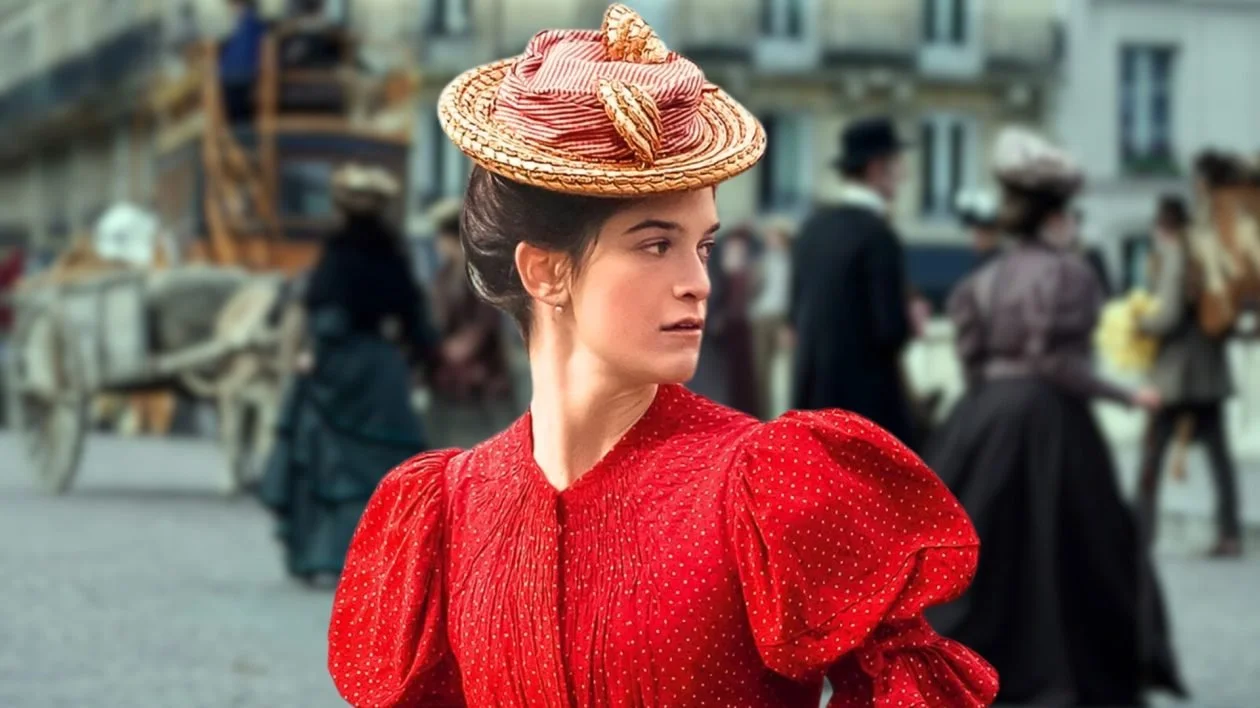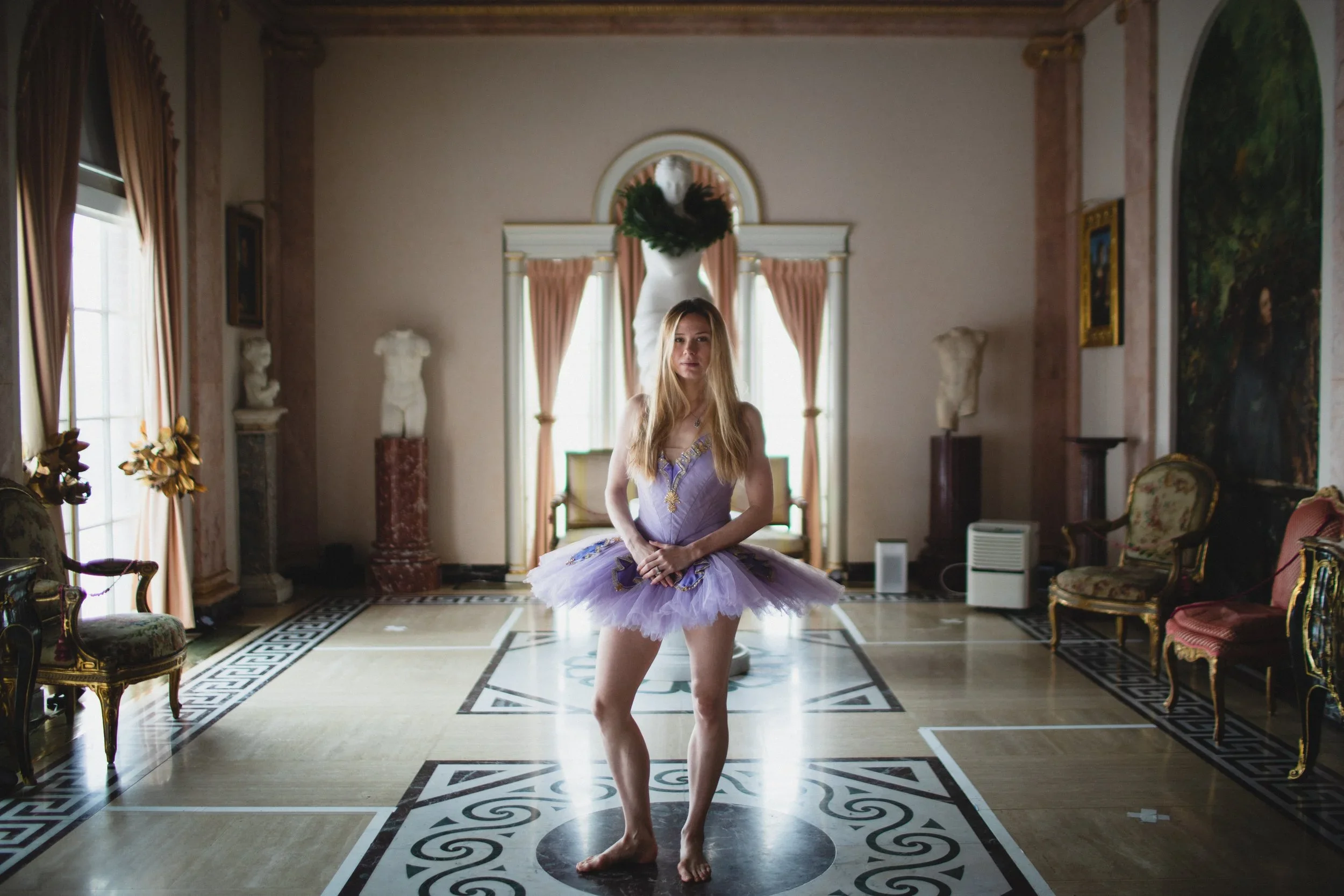Growing up and coming of age, in small-town Germany, Slovenia, and Sweden at the European Union Film Festival
By turns sweet and painful, movies build a vivid sense of place and the way it’s tied to childhood
All About Me (left); Don’t Forget to Breathe
The Cinematheque presents the European Union Film Festival from November 13 to 29. All About Me streams November 13 and 14; Don’t Forget to Breathe streams November 19 and 20; and Britt-Marie Was Here streams November 22 and 23
GROWING UP is hard to do, apparently, whether you’re in Germany’s idyllic Ruhr Valley in the 1970s or the cornfields and postcard-pretty towns of contemporary rural Slovenia.
This year’s online European Union Film Festival offerings make vivid use of their locations in telling coming-of-age stories; the towns and riversides where they happen become full-blown characters, highlighting the way that a sense of place and home is so embedded in early identity.
The light but bittersweet opener All About Me was a massive hit in Germany, focusing as it does on the childhood of famed television comedian Hape Kerkeling.
Director Caroline Link uses eye-pleasing detail to conjure the homes and Ruhr Valley countryside that surround Hans-Peter, a nine-year-old who shows an early ability to use whacked-out humour to defuse stressful situations. Hans-Peter is faced with an absentee father and a loving mother who’s spiralling deeper into depression; it doesn’t help that they move him to a new town where he has trouble fitting in. But his grandparents, aunties, and uncles—a beyond-eccentric crew who love to sing, dress up, and eat oma’s nonstop flow of kuchen—step up to help raise him.
The story is really about the unfashionable idea that love and laughter can push you through darkness. Along the way, Link immerses you in the ephemera of a very specific locale—with laundry hanging on lines, old ladies watching the world go by from their windows, and inside, the fading wallpaper, the vintage radios, and the flowered curtains to match the women’s floral aprons.
Child actor Julius Weckauf is a discovery, as natural at wordlessly processing kids’ insults as clowning around, mimicking the cheesy musical numbers he sees on TV. And Luise Heyer is transluscent as his mother, a woman trying to smile through her pain.
Though the story is careful not to get too dark, its message—“You just need to keep going,” a granny who’s lived through two wars tells Hans-Peter—could not be more pertinent in pandemic-ridden 2020.
By contrast, Slovenia’s Don’t Forget to Breathe is an intense coming-of-age story, one that is more about the swirl of emotions and confusion particular to being a 15-year-old boy than what actually happens in the plot. The most distinctive thing about it is that it does this less through words or dialogue than imagery and atmosphere. And that befits the believably untalkative teen, Klemen (a broody Matija Valant), at its centre.
The film, which flows like a series of vignettes, begins with scenes of Klemen and his older brother play-wrestling in meadows and riding around on a dirt bike through rural Slovenia. But the older Peter (Tine Ungren) is 18, and his new love interest starts to drive a wedge between the two boys. As Peter stops hanging around with Klemen, the younger sibling watches the new relationship unfold with a mix of hostility, confusion, titillation, and curiosity—like he’s observing some strange new alien species’ mating rituals.
Klemen starts losing his tennis matches, getting into trouble with booze and stolen cars, and sending his single mother over the edge. It’s hard to know exactly what director Martin Turk is trying to say with all this, but he finds a striking visual way of capturing Klemen’s churning inner turmoil—that indefinable ennui of being 15; Turk cuts to a dark, roiling river and ever-rustling leaves, and shoots the boy lazing in hammocks, staring at the clouds, unable to articulate feelings he might not fully understand for years. The gorgeously heady string soundtrack adds to the dreamy sense of disconnect.
Britt-Marie Was Here
Britt-Marie Was Here has kids in it too, but in many ways the coming-of-age story is really a 63-year-old woman’s. Based on Frederik Backman’s book, it opens on the title character obsessing about keeping her house in order: when we meet her, she’s meticulously cleaning, spraying windows, vaccuuming, and then neatly folding her pink rubber gloves into a perfectly organized drawer. But faced with her husband’s infidelity, she decides to leave. And not having worked in decades, the only job she can find is in small, bleak-looking Borg, as a youth worker who manages a kids’ soccer team.
As you can probably predict, the hard-knocks kids, largely from immigrant families, teach Britt-Marie that it’s okay to let her hair down a bit—and that there’s a world beyond keeping house. And if this sounds cute and possibly a bit unchallenging, you’d be right; the fact that the local kids want to win the local soccer cup is almost eye-rolling. But that’s offset by some genuinely funny, dry, biting humour; you’ll laugh out loud a few times. Just wait to see the uptight Britt-Marie survey her new digs, a rec centre with broken glass and gym equipment strewn everywhere—not to mention a few feisty rodents.
Director Tuva Novotny gets some authentic performances out of the motley crew of kids (one is even nicknamed “Pirate”) and the colourful Borg residents, including a jack-of-all-trades shopkeeper who’s everyone from the pizza delivery guy to the town glazier. Without lecturing or going too deep, Novotny’s pleasant movie actually has a few things to say about the new, culturally diverse Sweden, and the next wave of kids growing up in it.
At the heart of it all is the strong performance from Swedish acting veteran Pernilla August, who manages to make her Britt-Marie rigid but likable—an unbendable beacon of order in her matching pink sweater, pants, and purse, standing in the chaos of Borg’s dirt soccer field.







